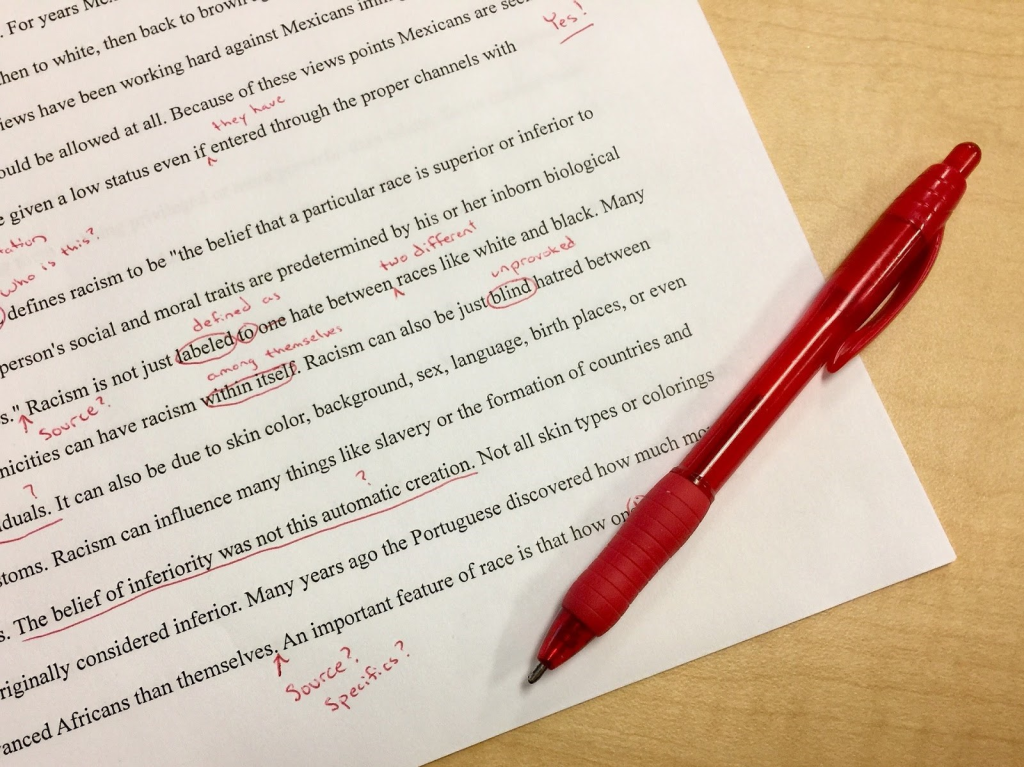The Top 10 Editing Strategies for Perfecting Your Essay

Introduction
As a writer, editing is one of the most crucial parts of the writing process. Whether you’re writing an essay for school, work, or a personal piece, editing is essential to ensure that your writing is clear, concise, and impactful. But editing can be overwhelming, and it’s not always clear where to start. That’s why we’ve compiled a list of the top 10 editing strategies to help you perfect your essay.
1. The Importance of Editing
When writing an essay, editing is just as important as writing itself. Editing can improve the clarity, flow, and overall impact of your writing. In addition, it can help you catch mistakes you may have missed during the writing process.
2. Take a Break Before Editing
It can be difficult to spot errors and weaknesses in your own writing when you are too close to it. Taking a break after writing your essay can help you approach the editing process with fresh eyes. Ideally, you should take at least a day or two away from your essay before starting the editing process.
3. Read Aloud
Reading your essay out loud is an effective way to catch errors and improve the flow of your writing. You must slow down and pay closer attention to each sentence when you read aloud. This can help you identify awkward phrasing, word repetition, and other issues that may be hard to spot when reading silently.
4. Focus on Structure
The structure of your essay can significantly impact its readability and effectiveness. As you edit, pay attention to the overall structure of your essay. Does it have a clear introduction, body, and conclusion? Are the paragraphs organized logically? If not, consider making changes to improve the structure.
5. Eliminate Unnecessary Words
Unnecessary words can clutter your writing and make it harder to read. As you edit, look for opportunities to eliminate unnecessary words. For example, you might replace phrases like “because” with “because” or “to” with “to.”
6. Pay Attention to Grammar and Punctuation
Correct grammar and punctuation are essential for clear and effective writing. As you edit, pay close attention to your grammar and punctuation. Look for errors like subject-verb agreement, run-on sentences, and misplaced commas. If you’re unsure about a rule, consult a grammar guide or seek feedback from a teacher or tutor.
7. Use Active Voice
Using active voice can make your writing more engaging and easier to read. In active voice, the subject of the sentence acts, while in passive voice, the subject receives the action. For example, “The cat chased the mouse” is in active voice, while “The cat chased the mouse” is in passive voice. As you edit, look for opportunities to use active voice.
8. Vary Sentence Length and Structure
Varying sentence lengths and structure can make your writing more exciting and engaging. As you edit, look for opportunities to vary the length and structure of your sentences. For example, you might combine short, choppy sentences into longer, more complex sentences or break up long, complex sentences into shorter, simpler ones.
9. Consistency is Key
Consistency is essential for creating a cohesive and effective essay. As you edit, pay attention to consistency in your writing. This includes consistency in tone, style, and formatting. For example, if you use the Oxford comma in one sentence, use it throughout your essay.
10. Get Feedback
Finally, getting feedback from others can help you identify weaknesses and improve your writing. Ask a teacher, tutor, or peer to read your essay and provide feedback.
In conclusion, editing is a crucial part of the writing process. By taking a strategic approach and using these top 10 editing strategies, you can perfect your essay and ensure your writing is clear, concise, and impactful. Whether you’re a seasoned writer or just starting, these techniques can help you to take your writing to the next level.



